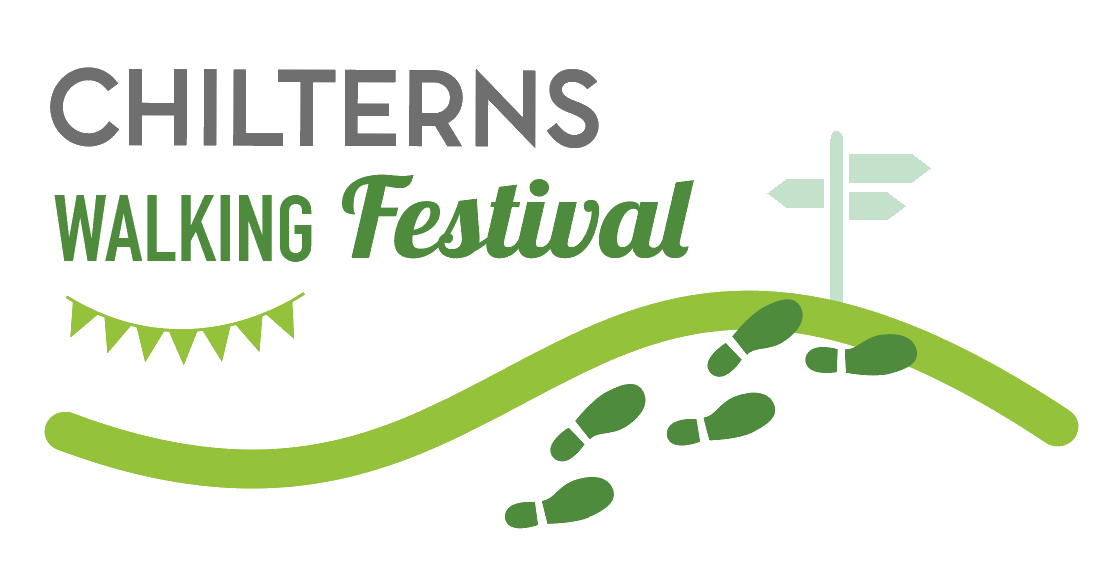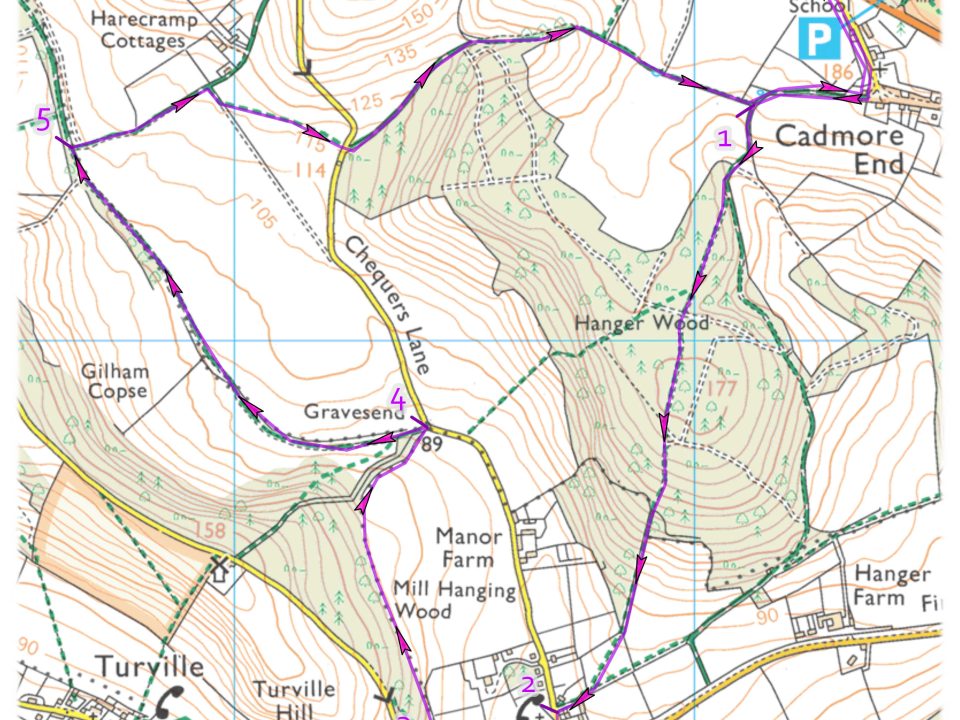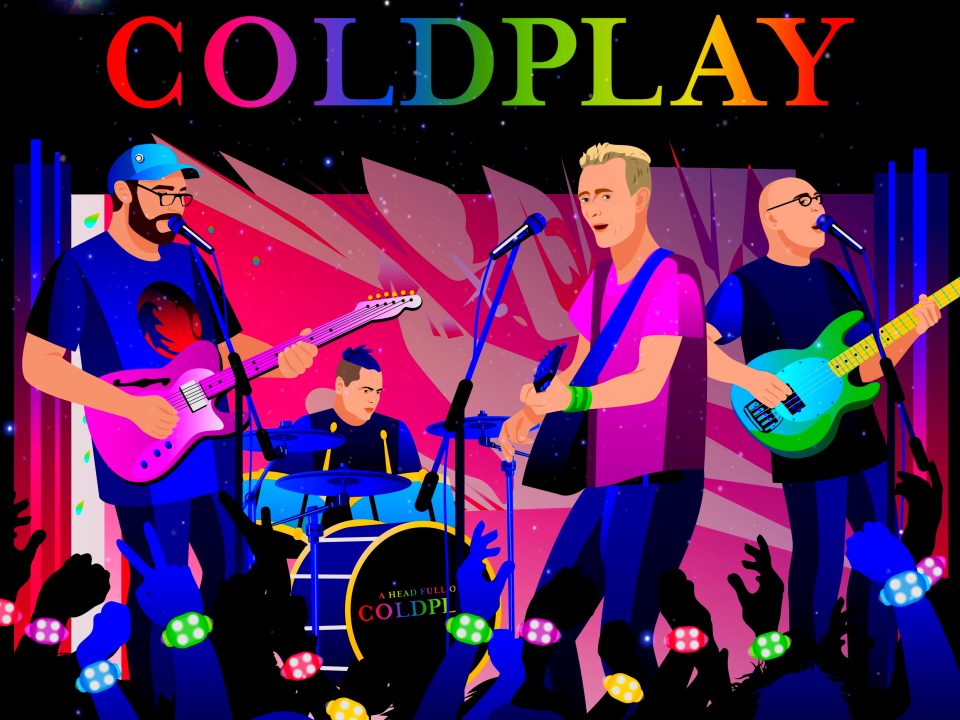
Chilterns Walking Festival is taking place this May!
April 28, 2021
Hartwell Nurseries
April 28, 2021The letters T.M.J. stand for the temporo-mandibular joint, the joint attaching the jaw to the head. You can feel it moving in front of your ears when you open your mouth. If you have pain in one or both sides of the face in these area(s), you may have TMJ dysfunction, which can be very debilitating.
Musculoskeletal causes of TMJ problems include:
- clenching or grinding your teeth
- postural problems – affecting the position of your lower jaw & or neck.
In all these cases, there is likely to be an imbalance of the muscles which control the TMJ, which, left untreated, can leave the joint vulnerable.
If you have TMJ dysfunction you may feel pain in the joint(s), your jaw may click as you open and close your mouth and you may have difficulty chewing, swallowing and even drinking. Other common symptoms include:
- headaches · earache · neck or shoulder pain
- tenderness in the jaw · ringing in the ears (tinnitus) · pain around or behind the eyes
- sinus pain · dizziness and light-headedness
Treatment for TMJ dysfunction depends on the cause. If it is due to postural or muscular problems, Osteopathic treatment can help to reduce your symptoms and relax any jaw muscle spasming. You may be given exercises to do after the treatment.
In addition to intervention by an Osteopath, you can help ease the discomfort by advised home treatment, to relax the muscles. Ideally avoid caffeinated drinks, emotional stress where possible or chewing gum.
Best wishes, David




